As Aaron Gambill winds through the barn, the images are those common to many family farms in Alleghany County: cattle eating corn silage from a trough; four or five sows and their piglets grunting and jostling around a large stall; a patrolling red cattle dog ensuring all critters are in their proper place; and a suspicious barn cat peaking around corner at the commotion. It all seems familiar until Aaron begins describing a subtle shift in their farming philosophy: “We are becoming a farm that focuses on maintaining nutrient rich soil and growing high quality grass. We use cattle, pigs and chickens to accomplish that goal.” Aaron laughs after making that statement. “I usually get a confused look when I share that with folks.”
The Gambills are a Century Farm Family. The cattle on the farm today are descendants of Aaron’s great-grandfather’s herd. Aaron points out that his family has farmed this tract nestled in a bend on the north side of the New River for 200 years. The farm was once a thriving dairy, but they sold the dairy cows in 2007.
Aaron is the middle child of David and LeAnn Gambill. He graduated Alleghany High School in 2009. He went on to earn a biology degree from Emory and Henry University with an eye toward veterinary school. Instead, he met and married a veterinary student, Melissa. Melissa is now a large animal vet with Healing Springs Large Animal veterinary services in Galax, Virginia. They have two children, Elijah (three years old) and Carson (one years old).
Last year, Aaron, his sister, Ashley Weaver, and brother, Adam, formed the Pure Farm Project. Their vision is to continue a family farming legacy of stewardship and to connect more directly with their customers. They understand a growing desire of health-conscious customers to know where their food comes from and how it is grown. As Aaron described this evolution, the conversation circles back to grass.
“In a traditional pasture, cattle will naturally go to where the best grass is located. This often results in those sections being overgrazed and the root systems damaged. The soil can also become compacted which lessens rain penetration and increases rainwater runoff. The cattle then move on to graze less desirable areas which can also be damaged. It’s a tough cycle for the land. The most common remedy is to add synthetic fertilizer. That feeds the grass and can give a nice green pasture, but it doesn’t replenish the soil.”
As Aaron feeds the chickens, he uses them as an example of how to manage the farm more broadly. “We keep the chickens on the ground in this tractor (a large mobile coop built from repurposed materials on the farm). I move them at least once and sometimes twice daily. They eat grass and seeds from the weeds in addition to supplemental feeding. Their manure creates a natural fertilizer.” He points up the slight hill. “You can see that after a week or so, the grass is back up and is nice and green.”
Aaron envisions a system of paddocks in the pastures that will allow the same process for cattle. The paddocks will be a series of sections of fence that range in size from one to several acres. Ideally, the cattle will be moved once or even twice a day. This will prevent overgrazing and allow them to trample the weeds. As the microbes and number of insects increase in the soil, those will breakdown the manure quickly and allow those nutrients back into the earth.
As Aaron points across a section of pasture he describes water as being one of the biggest challenges to this process. “You can see that our pastures are hilly, and the water is naturally in the low places. Our goal is to have a series of wells and troughs that can get water on the ridges. We are currently working with the Natural Resources Conservation Service for grant funding to fence the cattle out of the creek. Those funds will help us with the wells. Once the wells are in place we can put in the paddocks.”
In the meantime, Aaron and his family have begun selling at the Alleghany Farmers’ Market. He has found that customers enjoy connecting directly with the producer and that he enjoys those interactions as well. While the Gambills have a long history of beef production, the recent inclusion of pork has been a hit with customers. Aaron said one return customer describes their link sausage as “divine.”
It would be easy to view Aaron’s vision as a hard turn from their traditional farming practices. While there are differences, he is quick to point out that he learns something new from his father, David, every day. “All that experience and knowledge from my grandfather and dad are still valid,” Aaron acknowledges. “My end goal is the same as theirs: to produce a quality product that benefits people, be good stewards of the land and earn a living for our family.”
It would be easy to assume Aaron Gambill is singing a different song about their farm these days. But by listening closely one realizes it is just a different verse of the same song sung by his family for 200 years.
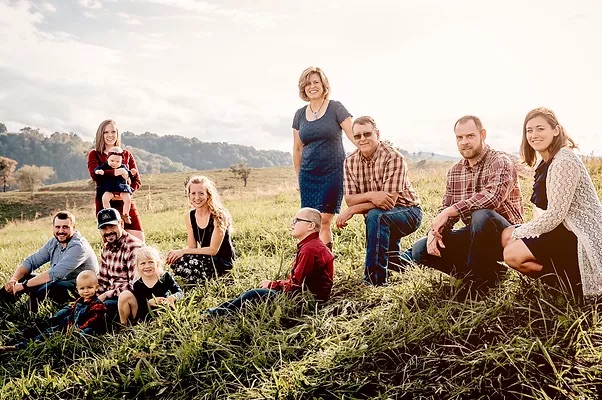
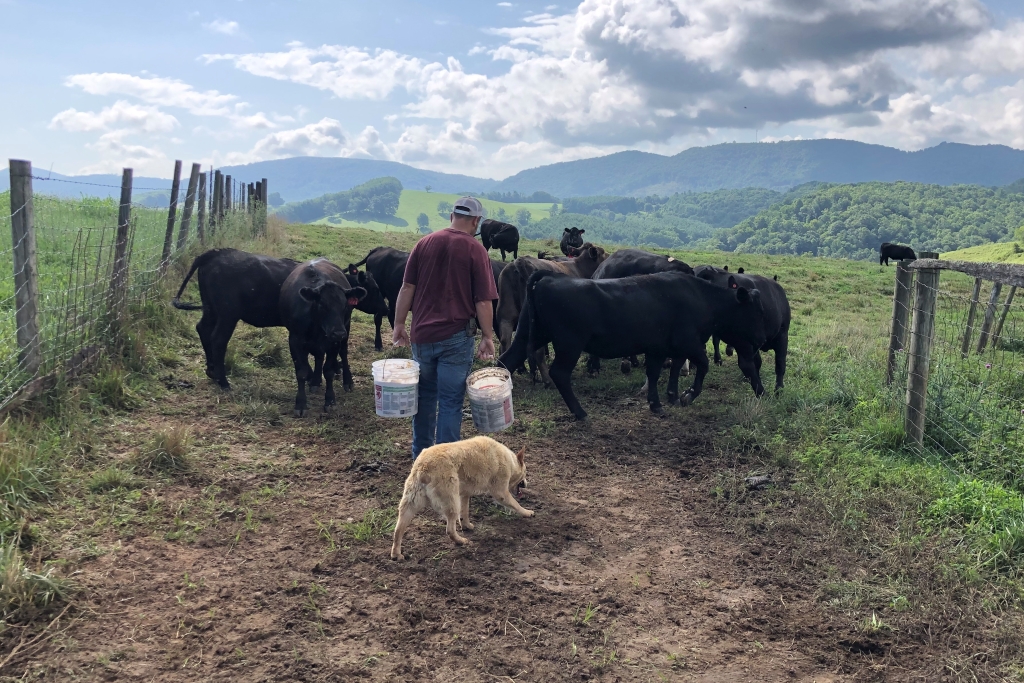
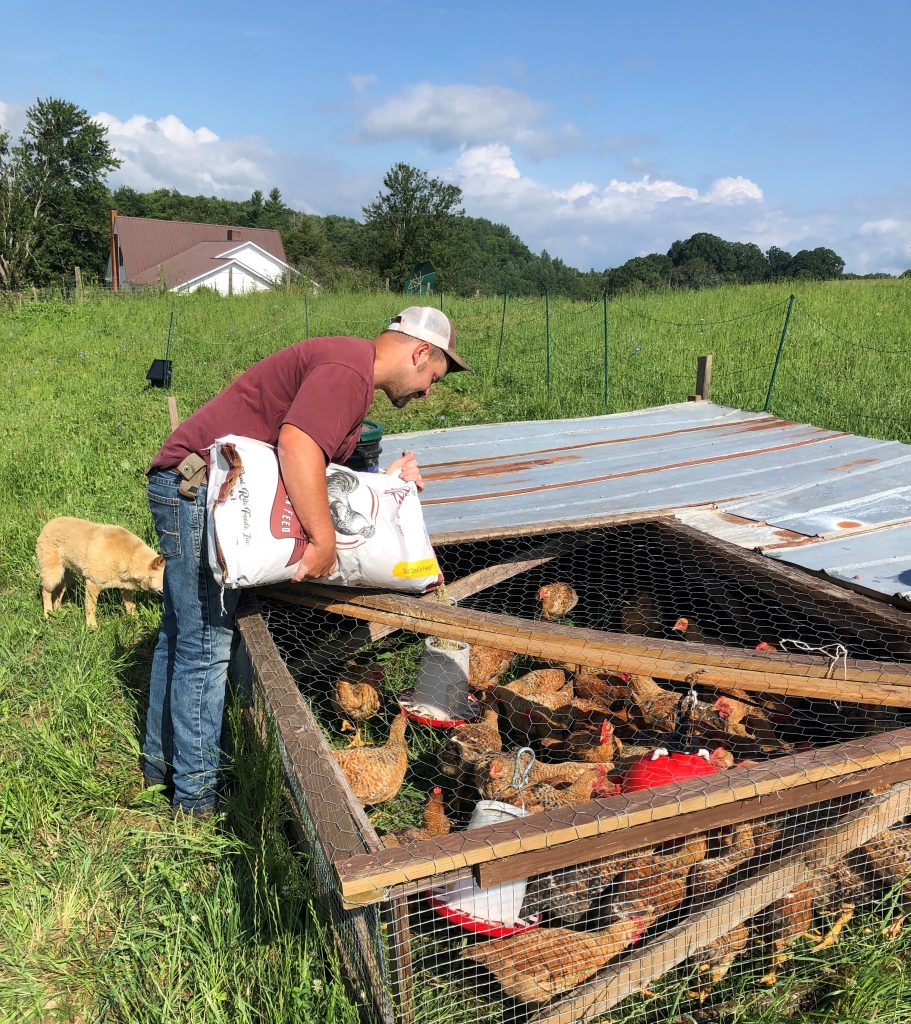
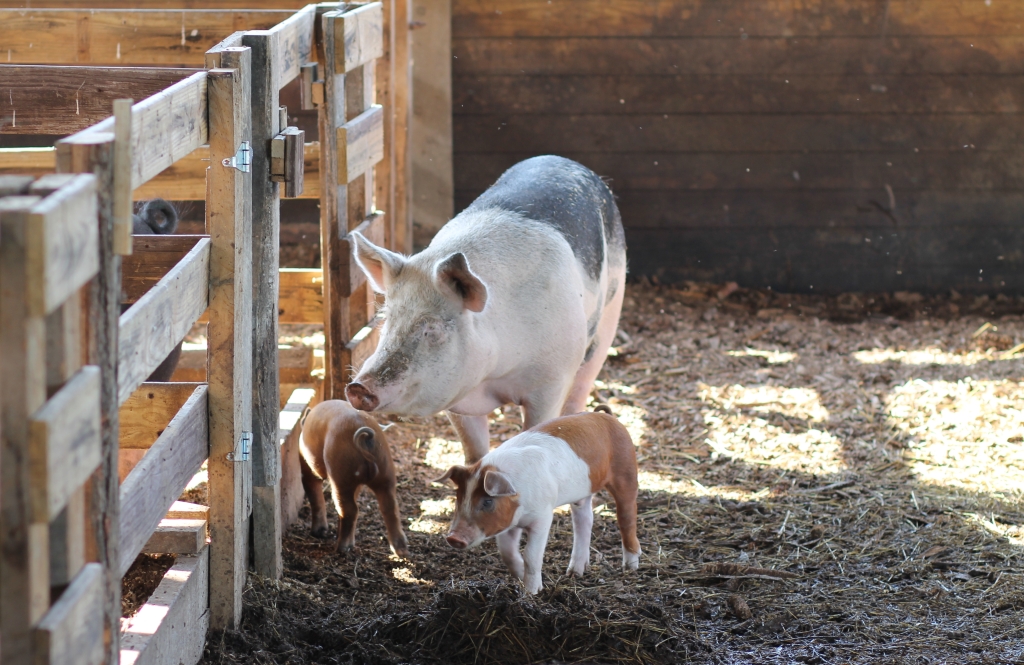
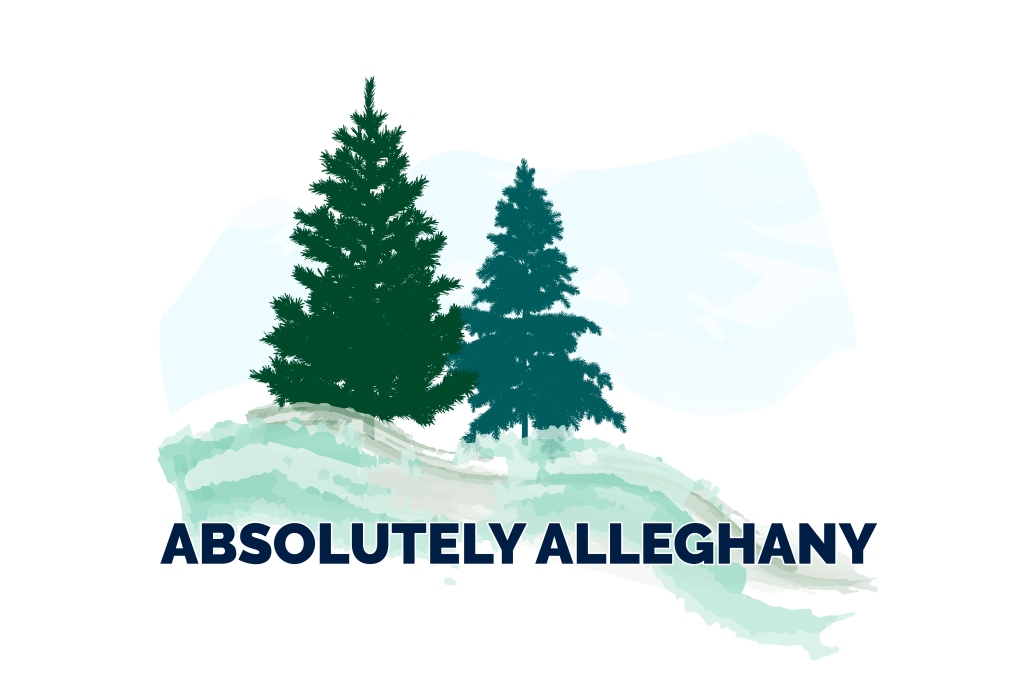
Love this!
>
LikeLike
I have had the privilege of knowing David & LeAnn Gambill for many years. I have watched their children grow up into fine citizens caring for the legacy they have been left to attend & grow into the next generation of farming. It’s been a privilege to know and watch this next generation continue to grow the Gambill legacy.
LikeLike